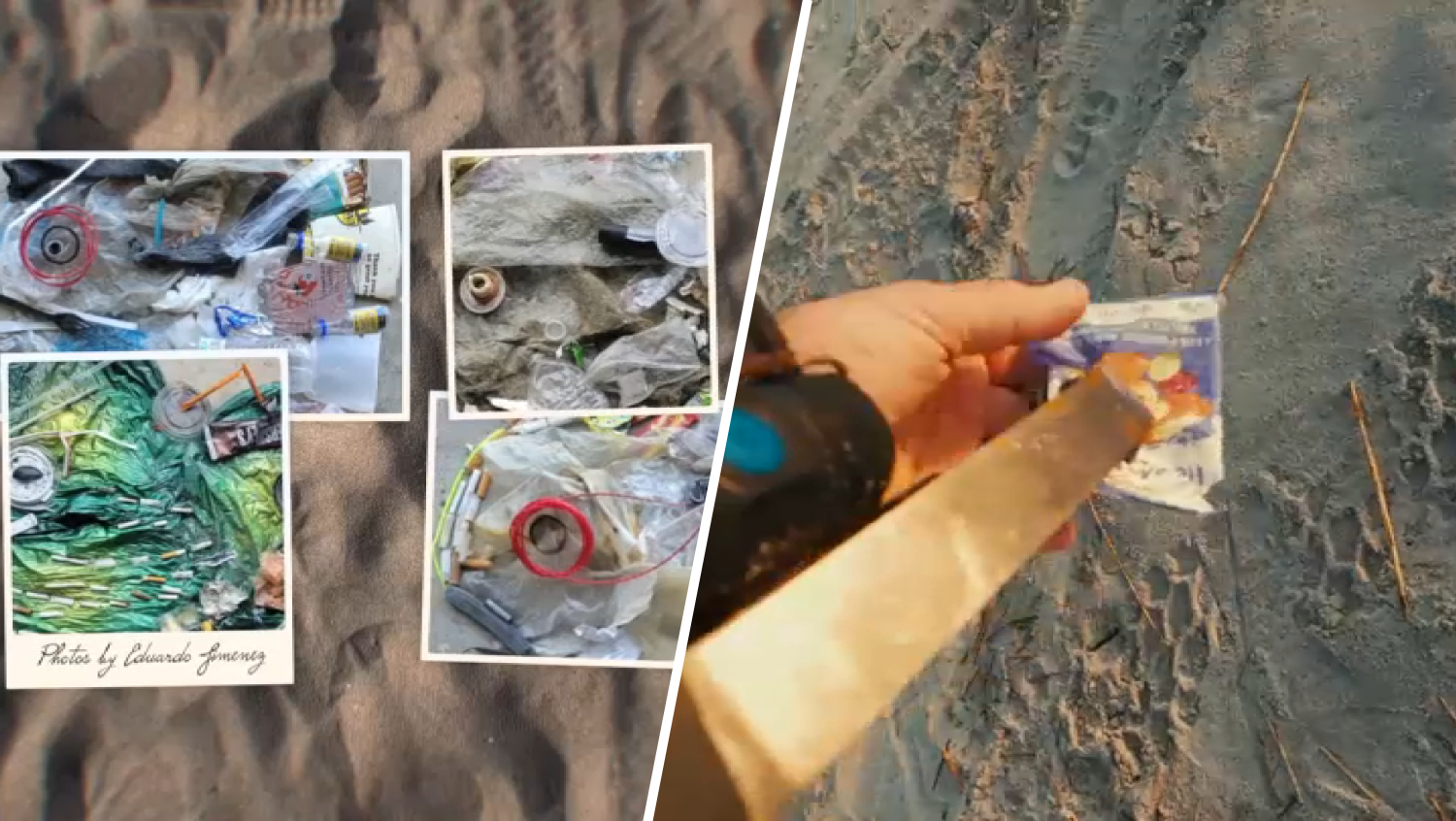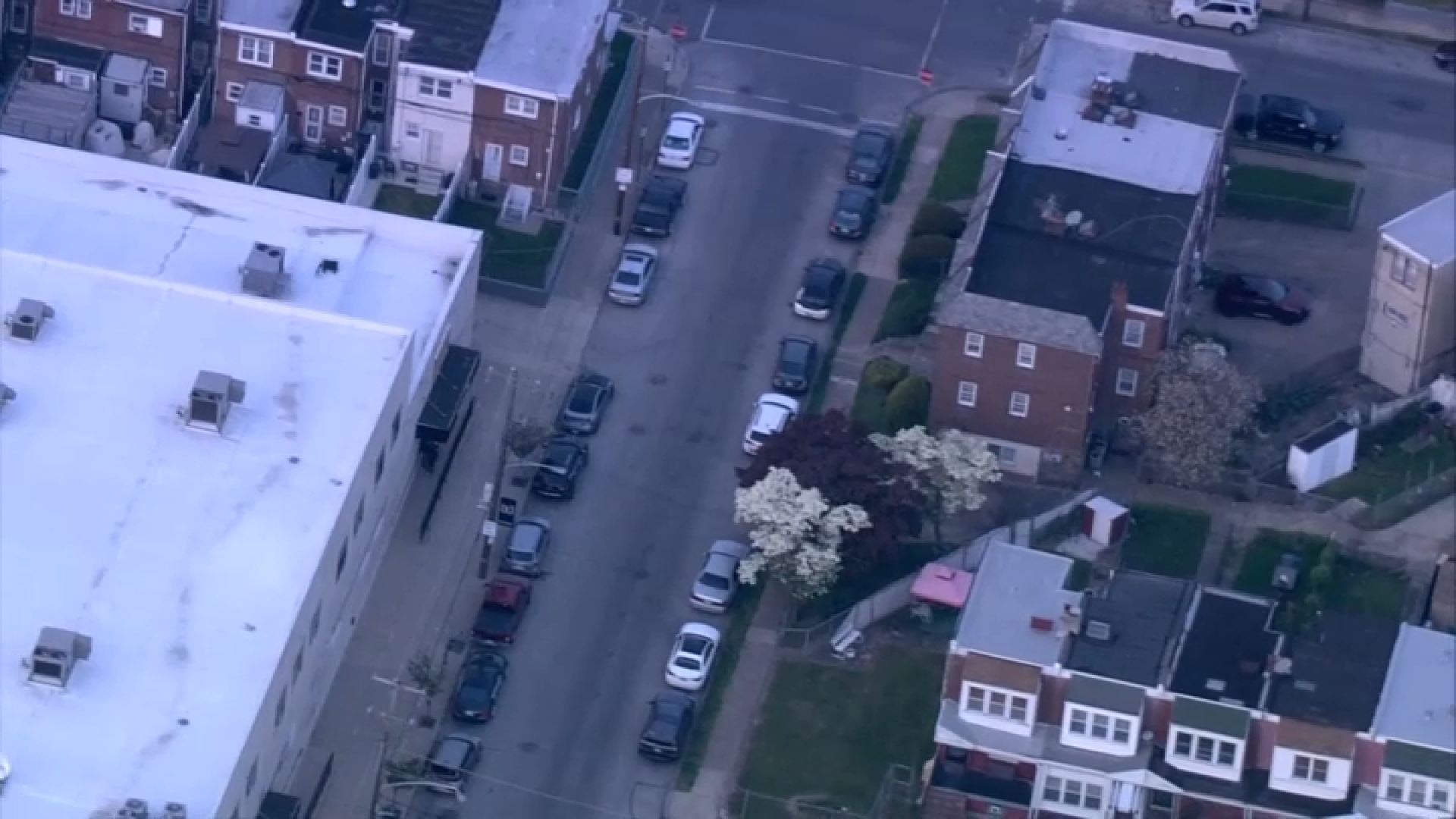A grand jury is convening to investigate what led to the collapse of a four-story building onto a busy Salvation Army Thrift Shop in Center City on June 6. Six people were killed, 13 injured and an excavator operator has been charged with, among other crimes, six counts of involuntary manslaughter.
Philadelphia District Attorney Seth Williams says the grand jury will search to find out whether other people and government agencies were criminally negligent. As the grand jury investigation stretches on and NBC10 continues to uncover new details about the collapse, we're compiling a list of questions from our journalists and you, readers and viewers, that need to be answered.
Submit your questions to us for addition here. As answers are revealed, we will post them here.
Q: So far, there is no evidence that any of the walls at the site were braced. Why wasn't this safety measure put in place?
Q: Griffin Campbell, the owner of the demolition contracting company, has said the excavator used at the work site was only on site to clear debris, so why are there images and videos of the excavator being used for demolition?
Q: The demolition was supposedly being done by hand, according to Ken Edelin, the contractor's attorney. There was no scaffolding shown in photos and video. How could a by-the-hand demolition be conducted four-stories up without scaffolding?
Q: When the Department of Licenses & Inspections receives a complaint about a dangerous work site, what do they do with that complaint? What is the process?
Local
Breaking news and the stories that matter to your neighborhood.
Q: Why was the Salvation Army thrift store allowed to remain open during the demolition? If it is the policy of the City to allow that to happen, should the policy be changed?
Q: How many L&I inspectors were covering the district where the 2132-2136 Market Street demolition sites are located?
Q: What kind of inspection did the L&I inspector perform on May 14? What did that inspection entail? Who in the department and city receives the inspection report for review?
Q: What are the qualifications of L&I employees? Is the man that runs L&I an engineer? If not, are people who hold this type of position in other major U.S. cities qualified engineers? Is a structural engineer even reviewing demolition requests?
Q: Although city officials claim demolition work had not begun on 2136 Market when an inspector visited 2134 Market Street, the contractor had a permit to work on the other building. Knowing this, why did the city not return to the other work site -- site of the collapse -- once work began?
Q: Does the contractor have to notify the city that they are starting work on a property? If not, why?
Q: How was Griffin Campbell Construction allowed to continue to obtain work permits from the city even though he owed business taxes?
Q: The work site location was not in some far-flung corner of the city, it was downtown for everyone to see. How many inspections were carried out at this location after the city received reports of dangerous conditions?
Q: Is all of the onus on the contractor to hire a excavator operator who is licensed and insured or does the city bear responsibility?
Q: Two days after the collapse, the city issued new guidelines for demolition contractors. Why prior to that were contractors not required to demonstrate an understanding of proficiency in demolition?
Q: Is there any indication that members of city government or L&I were being offered gifts or money in exchange for allowing work to continue at the demolition site?
Q: What notification is necessary for the surrounding community when a demolition site of this magnitude is being conducted when there are occupied structures adjacent?



